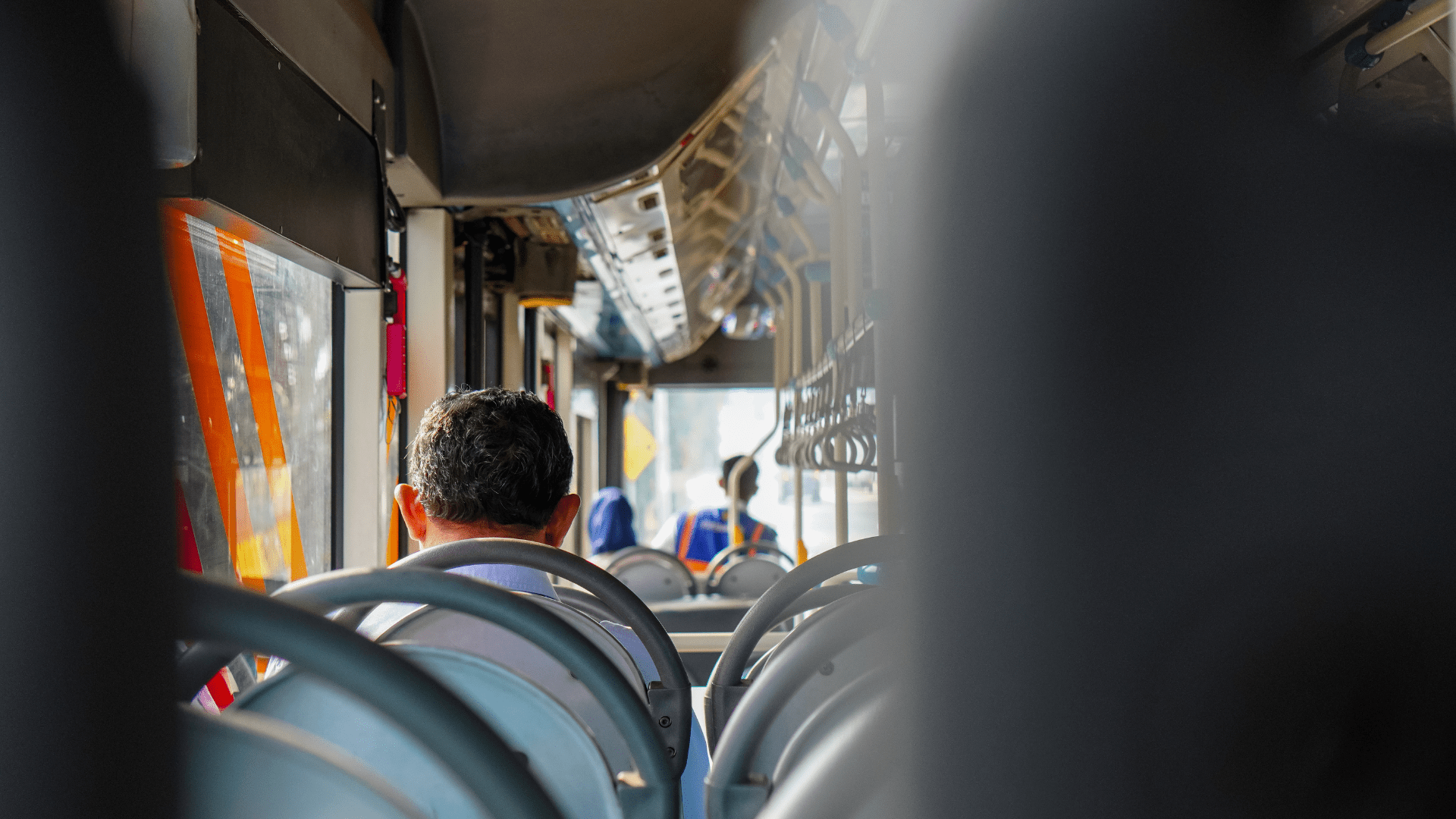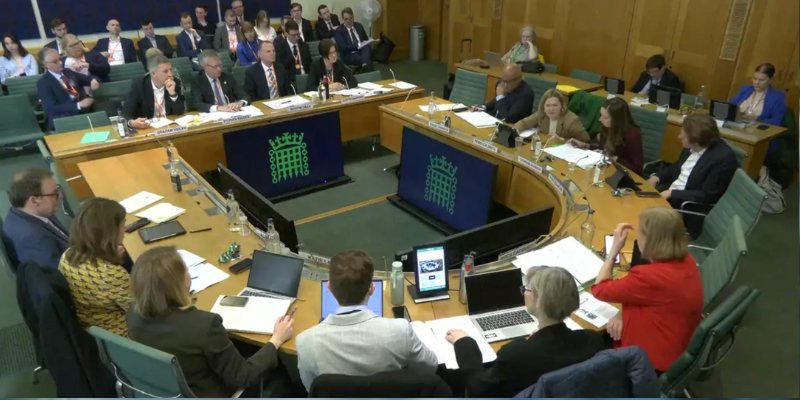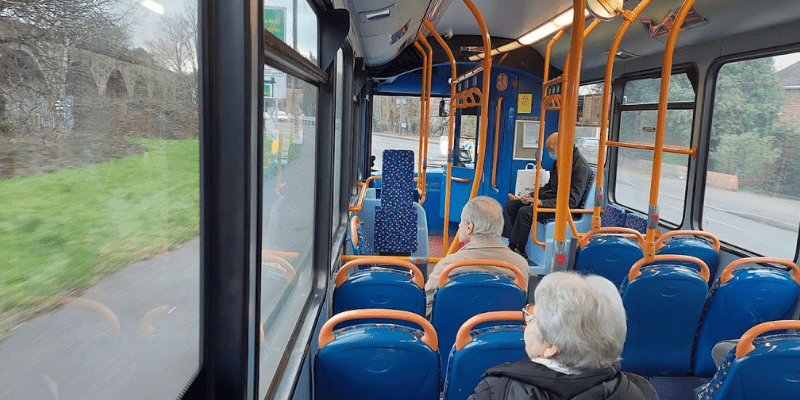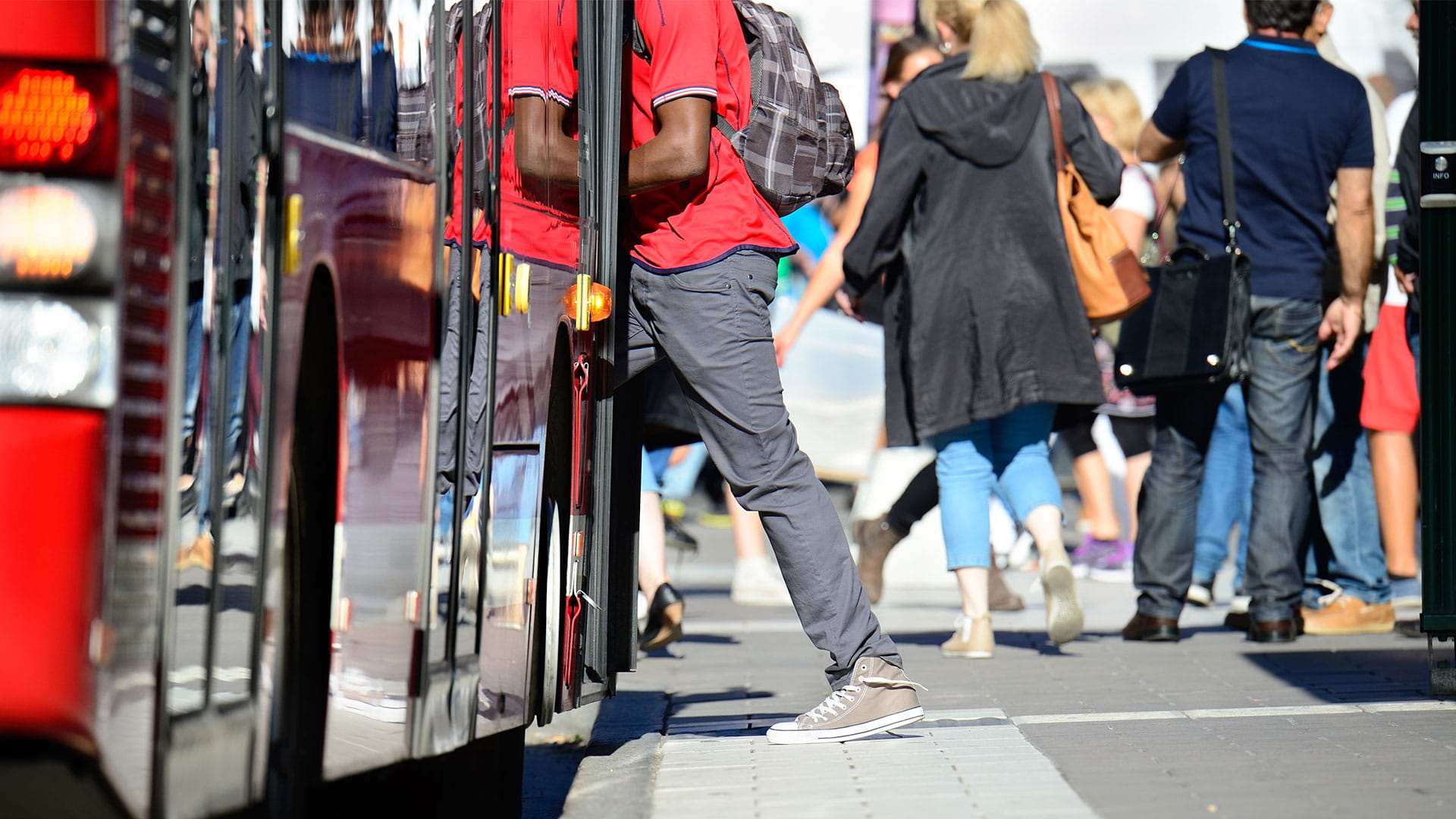To franchise or not to franchise? That is the question


Franchising is being discussed at the highest levels of government. As ITP’s (self-appointed) Westminster correspondent, I recently attended the Transport Select Committee inquiry into bus services in England. The inquiry’s focus is on the role of buses in connecting communities and the need to address England’s declining bus network and falling passenger numbers.
Franchising
The road to franchising has been long, first entering national policy when the 2017 Bus Services Act enabled franchising for some authorities. The National Bus Strategy in 2021 and recently the Better Buses Bill have driven the process forward, opening the option to franchise for Local Authorities.
Over time, and especially since the pandemic, bus services have come under increasing financial pressure as costs increase and passenger numbers decline. In 2010, there were over 1,000 million bus journeys; in 2019, it was 904 million, and in 2024, it was 755 million. Buses increasingly fail to meet the vital role that they play in social well-being, decarbonization and mode shift.
To some, the current model is broken, and the question is, does franchising fix it? Well, our MPs, through the select committee, asked the experts the same question. Franchising can be an opportunity to:
- Grow local bus networks by cross-subsidizing the profitable routes to support loss-making services.
- Integrate bus services and other modes of transport e.g. tram, metro, rail.
- Offer better value for money for the taxpayers.
- Bring more democratic control and accountability over the network.
- Deliver simpler, cheaper and cross-network fares.
Case Study - Greater Manchester
Greater Manchester was the first authority outside of London to pursue franchising, being fully implemented in January 2025. In the first stage, Manchester focused on day-to-day operational improvements to stabilize the network, increase reliability and integrate ticketing. Reliability of the first routes franchised has increased by over 13% and ridership has risen by 4-5%. Now that the entire network is franchised the authority is looking to undertake network reviews to increase service provision, develop new routes and better meet public needs.
Franchising risks:
Neighboring authorities and smaller operators
Public expectations
Rural networks
Staffing and resourcing

To the leaders in Manchester, franchising mitigated a much larger risk: continued rising costs, a declining network and falling public satisfaction. For some authorities, the risks of franchising may be too high. Therefore, an alternative exists: Enhanced Partnerships.
Enhanced Partnerships
Enhanced Partnerships (EPs) aren’t new. The 2021 National Bus Strategy required all authorities not pursuing franchising to enter into an EP. EP’s bring together bus operators, authorities and other stakeholders to meet a set of shared goals. Those in the session highlighted two key strengths of EPs:
- Communication – EPs have created a forum for different stakeholders to work together for the first time, build dialogues and achieve (in some cases) lasting improvements.
- Less risk – Under an EP operators retain the financial risk of running the service.
Case Study - Cornwall
Cornwall’s EP builds upon almost a decade of partnership working between operators. It brings key stakeholders to the table, including Cornwall Council, Bus Operators, Transport Focus, Chamber of Commerce and Rail Operators, it has been able to achieve significant improvements to the bus network and users, including:
- Inter-operable ticketing to allow tickets from one operator to be used on another and simplified fares with standardised discounts and eligibility for child fares
- Tap-on Tap off and fare capping
- Network improvements and efficiencies
- Fare reduction through the Bus Fares Pilot and £2/£3 fare cap
- Coordinated timetable change dates
- Branding and information harmonisation under the ‘Transport for Cornwall’ brand, offering a single website, app, a network map and some on bus branding
The improvements have led to growing passenger satisfaction with bus patronage now at pre-COVID levels.
Most authorities have an active EP, and yet patronage has not returned to pre-COVID levels across much of the country. Increasingly, some authorities see EPs as failing to deliver the change the network needs. So, something must be going wrong? Well, the panel highlighted the problems.
- Control mechanisms – EPs do not allow sufficient control for authorities to offer realistic accountability measures. For example, a local authority cannot prevent frequencies from being reduced for commercial services

- Varying success – EPs are only as strong as each constituent member allows them to be. To achieve improvements, there needs to be political leadership, funding and consensus around a shared vision which isn’t always reachable.
- Funding – To achieve improvements through an EP, there needs to be funding. A lack of a long-term funding settlement means that authorities cannot make long-term plans or investments. With an EP, there is no opportunity for cross-subsidisation.
Our experts are happy to assist you
Experts team Public transport planning
Public transport planning
Discover how we can support you to with public transport reform, fares and ticketing schemes and network reviews.
